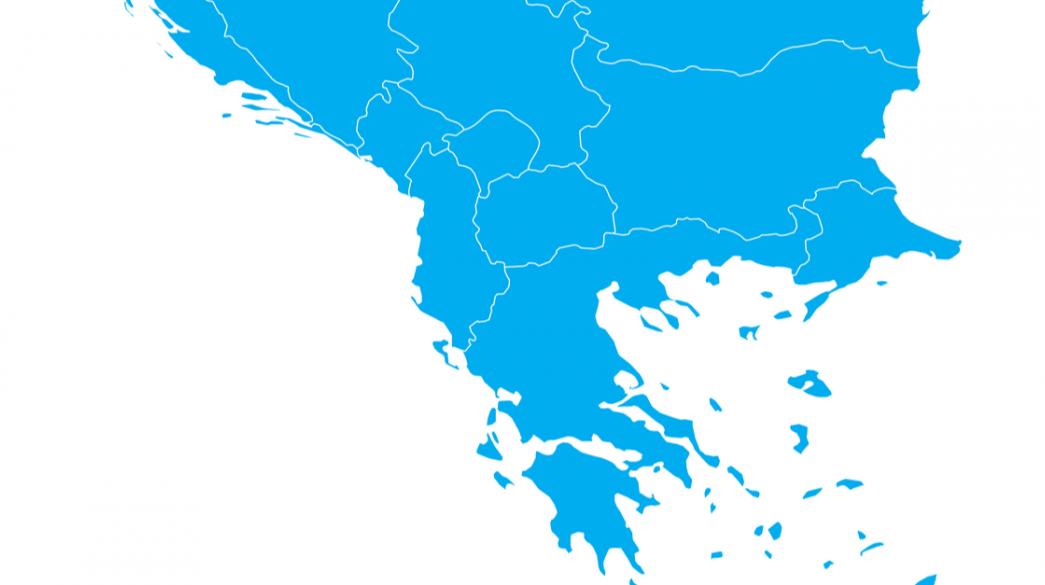Concerns are rising that a political crisis in northern Macedonia may spill over onto other Balkan nations, prompting the risk of social unrest arising, as the European dream in the region starts to fade, analysts from two leading think tanks, US Stratfor and the European Policy Center (EPC) in Brussels, tell Business Daily.
The French veto that blocked the start of accession talks with Northern Macedonia also affected Albanian, however, all eyes are on Skopje.
The resignation of Prime Minister Zoran Zaev and the holding of early elections reflect the importance of Europe's decision and just how fragile political stability in the country is, giving an opportunity for a return to power of the country's nationalists.
Paul Butcher, policy analyst at European Policy Center, says that "it is almost certain that the (EU) decision will lead to some sort of political instability in the region, particularly if the conservative opposition party takes power."
Under Hristijan Mickoski, the conservative VMRO party has a significant lead in the polls. Despite have described the Prespes name agreement as harming the country's national interests, it is not clear whether a VMRO government would be in a position to end the name deal.
"The country could be headed for another lost decade like the one it experienced as of 2008 when a major push to solve the name dispute failed to produce a result," adds Butcher.
Even though the European Union continues to actively support investments and infrastructure projects in the region, Brussels' credibility has taken a huge hit in what could be a chance for Russia, Turkey of China to move in and increase their influence in the Balkans.
Doubts about support from the West have already emerged from Serbia. The country's President, Aleksandar Vucic, recently told Financial Times that Serbia cannot rely exclusively on neighboring countries belonging to the West and that Belgrade feels vindicated for forming closer ties with Russia and China.
Adriano Bosoni, senior European analyst at Stratfor, highlights that the EU’s decision not to launch accession talks with Northern Macedonia and Albania was a risky one because it will weaken one of its most important “soft power” tools: the promise of accession.
Now Brussels will have to do significant damage control, says Bosoni, adding that long-term questions are being raised about the willingness of governments in the region to follow EU guidelines in the future.
"If these governments believe that their chances of joining the EU are weaker than before, they may be more inclined to pursue nationalist, authoritarian, or anti-democratic policies that could lead to both social unrest and ethnic conflict," underlines Bosoni.
Apart from Albania and Northern Macedonia, the other western Balkan countries that are candidates, or potential candidates, for EU entry, are Montenegro, Serbia, Kosovo and Bosnia-Herzegovina.
STELIOS BOURAS



